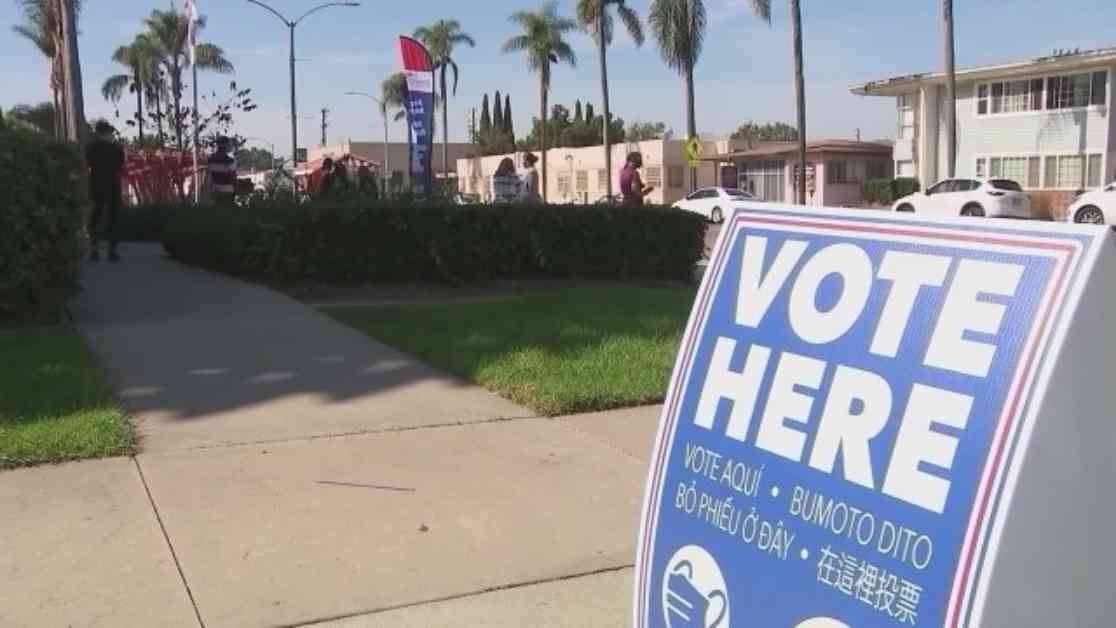The race for Measure E in the City of San Diego is still up in the air, with the outcome hanging by a thread, according to political analyst Carl Luna. The measure proposes to increase the city’s sales tax by 1%, bringing it up to 8.75%.
Early results show that the measure is currently not passing, with 50.90% of voters (198,791 people) voting NO, while 49.10% (191,759 people) have voted in favor of the measure. The margin between the two sides is incredibly narrow, with only 7,032 votes separating them.
If Measure E were to pass, it could potentially generate up to $400 million in additional revenue for the city. This increase in funds is deemed necessary by the mayor and city officials to address the budget shortfall, which stands at approximately $200 million.
Despite the current lead of the NO votes, it is still uncertain whether the measure will ultimately pass. Michael Zucchet, from the San Diego Municipal Employees Association, has been a vocal supporter of Measure E. He highlights that San Diego currently has one of the lowest sales tax rates in the county and the state, which has implications for the level of resources available for city services.
However, the timing of the measure may not have been ideal given the current economic and political climate. Zucchet notes that proposing a tax increase during a period of high inflation and rising costs may not be well-received by voters.
Luna points out that more conservative voters turned out in this election compared to previous years. He explains that early return ballots tend to lean conservative, whereas democratic-leaning voters are more inclined to support tax increases. This dynamic has resulted in the race for Measure E being too close to call.
Haney Hong, representing the San Diego County Taxpayers Association, has been against Measure E and is optimistic that the narrow lead will be maintained. He interprets the slim margin as a sign of voter distrust towards the city government.
If Measure E fails to pass, Luna emphasizes that the city will need to make budget cuts. Residents may have to face the reality of reduced services, such as park closures and library hour reductions.
Looking ahead, Zucchet suggests that it is premature to determine when another tax increase proposal could be put forward. The decision may hinge on how city officials respond to the outcome of Measure E and the resulting budget implications.
In conclusion, the fate of Measure E remains uncertain, with both sides closely watching as the final votes are tallied. The implications of this decision will have a significant impact on the city’s finances and services moving forward.


